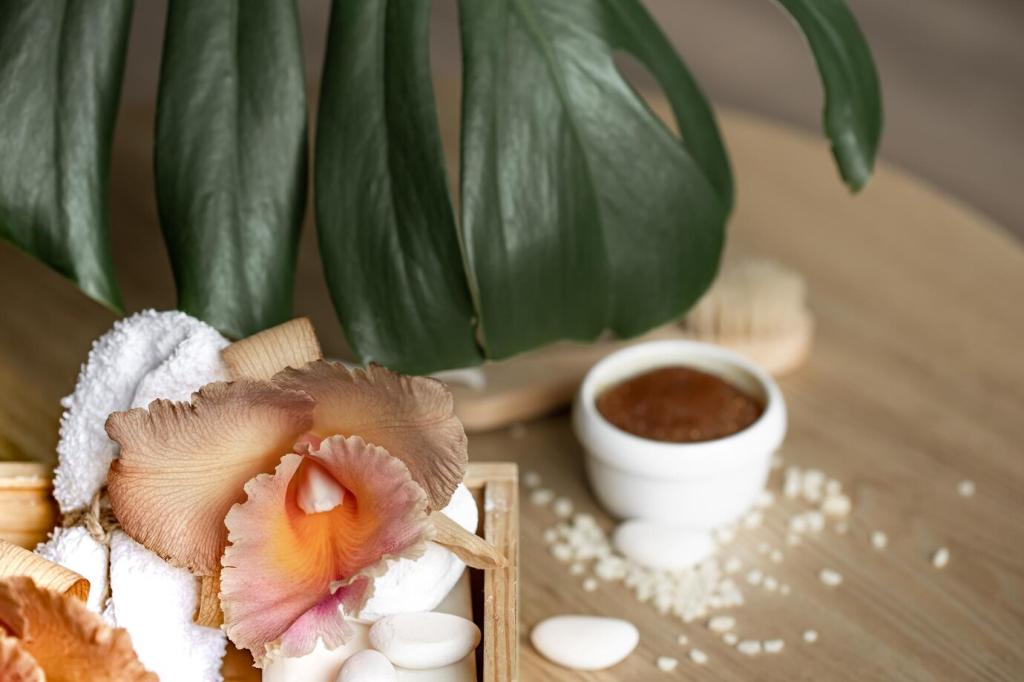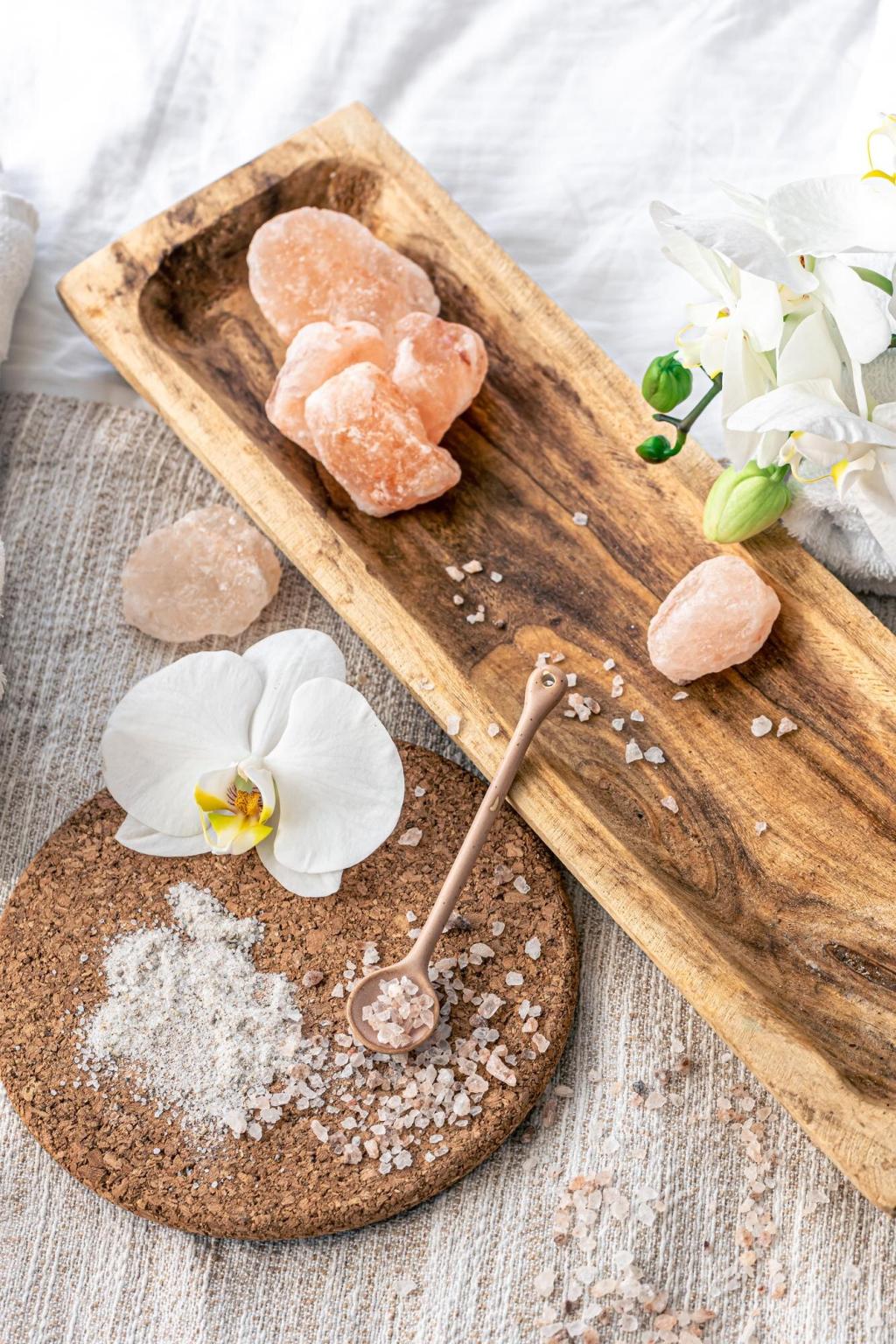Sleep Architecture and Circadian Repair
Morning sun anchors the body clock, advancing melatonin’s nighttime rise. Retreats often schedule sunrise walks, aligning alertness with daylight and easing evening wind-down. Try it and report your changes in bedtime and wake-up mood.
Sleep Architecture and Circadian Repair
Dimmed lights, hot-cold shower contrast, and screen-free reading cue melatonin release. Many retreat programs add gentle stretches, which lower arousal without spiking heart rate. What evening ritual helps you drift fastest—tea, journaling, or breath counting?






